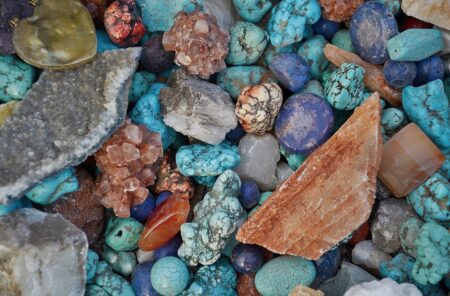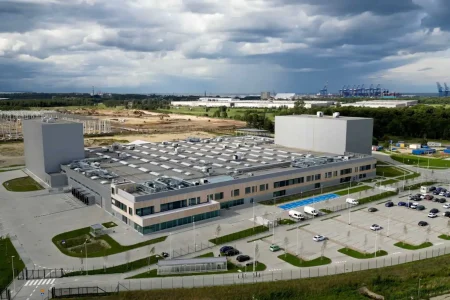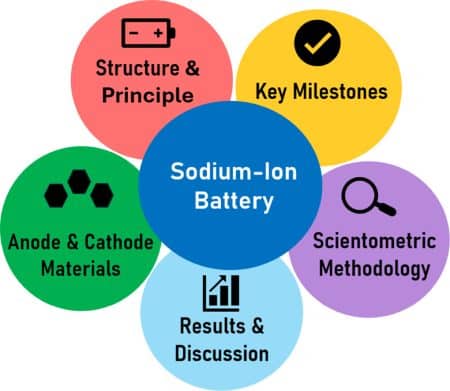Hydrogen is produced in a very environmentally friendly manner in the University of Kassel’s labs by using naturally occurring bacteria.
Kassel – Blue-green algae, or cyanobacteria, don’t have the finest reputation. They occasionally ruin the fun of taking a lake bath in the summer. They can grow rapidly and form a green-blue film on the water when it’s hot and dry, which is bad for swimmers’ health.
Kirstin Gutekunst, a professor at Kassel, is an expert in the photosynthesis process: The bioenergy of supposedly phototrophic organisms is the focus of plant physiologists. Cyanobacteria have captured her attention in particular. Hydrogen is produced by cyanobacteria during photosynthesis. And for the energy transition, hydrogen is currently in demand.
However, the traditional process of producing hydrogen, which requires splitting water, is exceedingly energy-intensive. Researchers from all across the world are actively attempting to create hydrogen without emitting any emissions, making it truly “green.” Despite the fact that the name has nothing to do with their green hue, cyanobacteria also produce green hydrogen. However, sustainable production happens rather naturally in this situation since, as part of their metabolism, the bacteria themselves spontaneously produce hydrogen. They do this by having an enzyme called hydrogenase, which acts as a catalyst to speed up the reaction.
The cyanobacteria are, in a sense, half asleep as the Kassel researcher attempts to extract the hydrogen from them. The processes in the cell must first restart whenever there is light again in the morning or after a prolonged period of darkness; specifically, the glucose metabolism related to photosynthesis. When the cell cannot yet synthesize sugar from the sun’s energy during this transitional stage, hydrogen is emitted in its place.
This window of time only lasts a minute or two in the natural world. As a result, the Kassel research team genetically modified the bacterium and directly linked hydrogenase to the cell’s photosynthetic complex to operate as a hydrogen catalyst. The “wake-up window” and subsequent hydrogen release could be prolonged by several hours in this way.
Before the creation of bioenergy from bacteria can be a reality, Kirstin Gutekunst and her team still need to find solutions to a few issues. The transport operations between the photosynthetic complex and the hydrogenase still need to be sped up, among other reasons, because the hydrogenase is extremely sensitive to oxygen. In the laboratory in Oberzwehren, the team is testing various hydrogenase mutations, bacterial strains, and environmental factors to achieve this.








